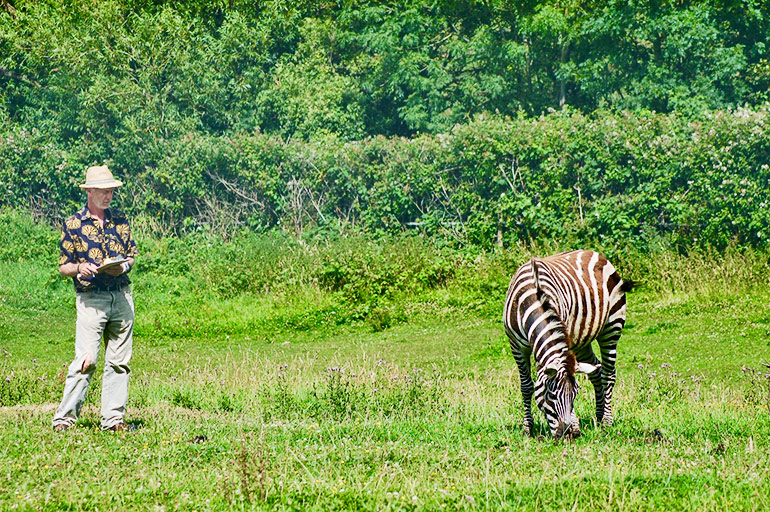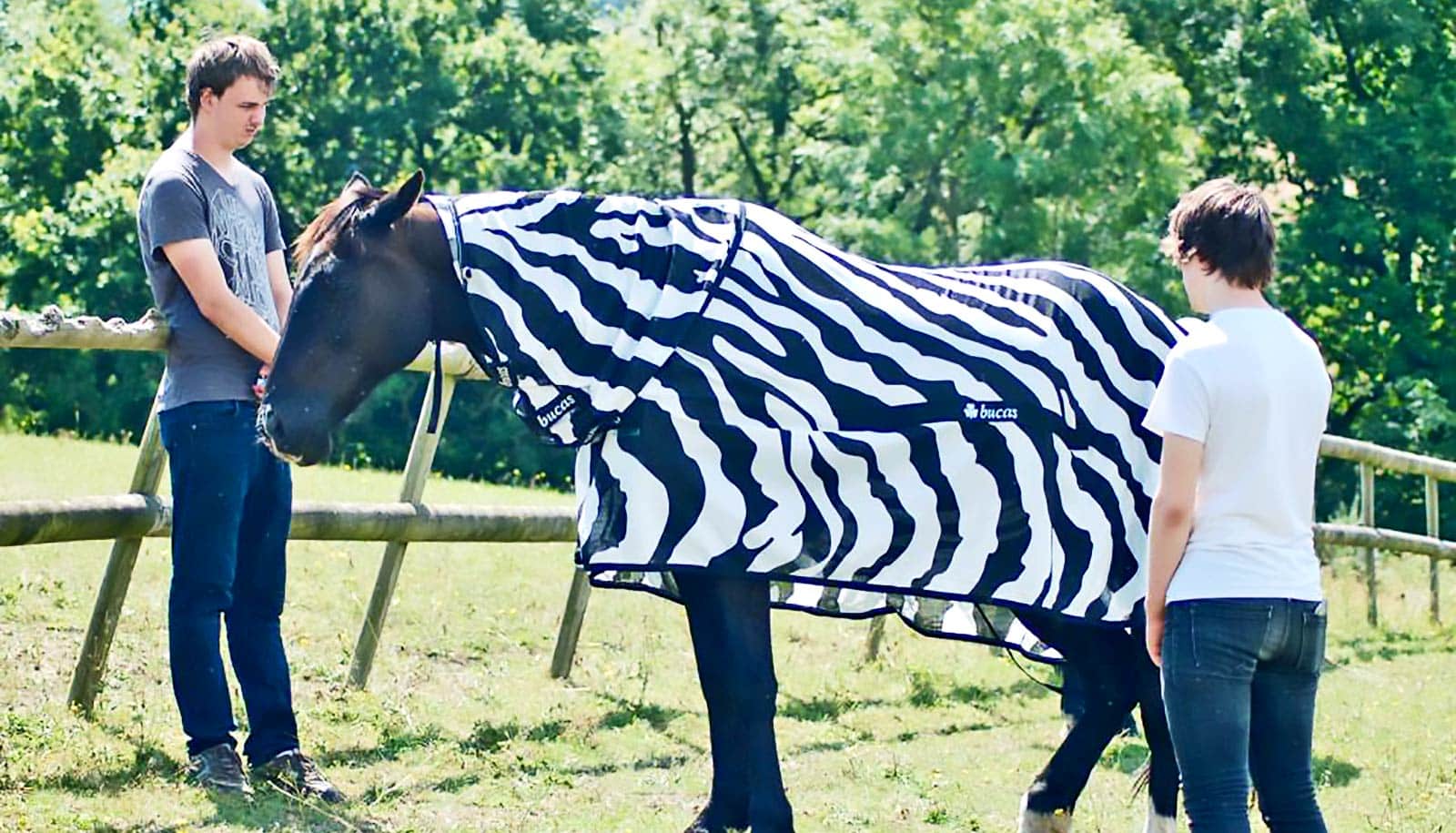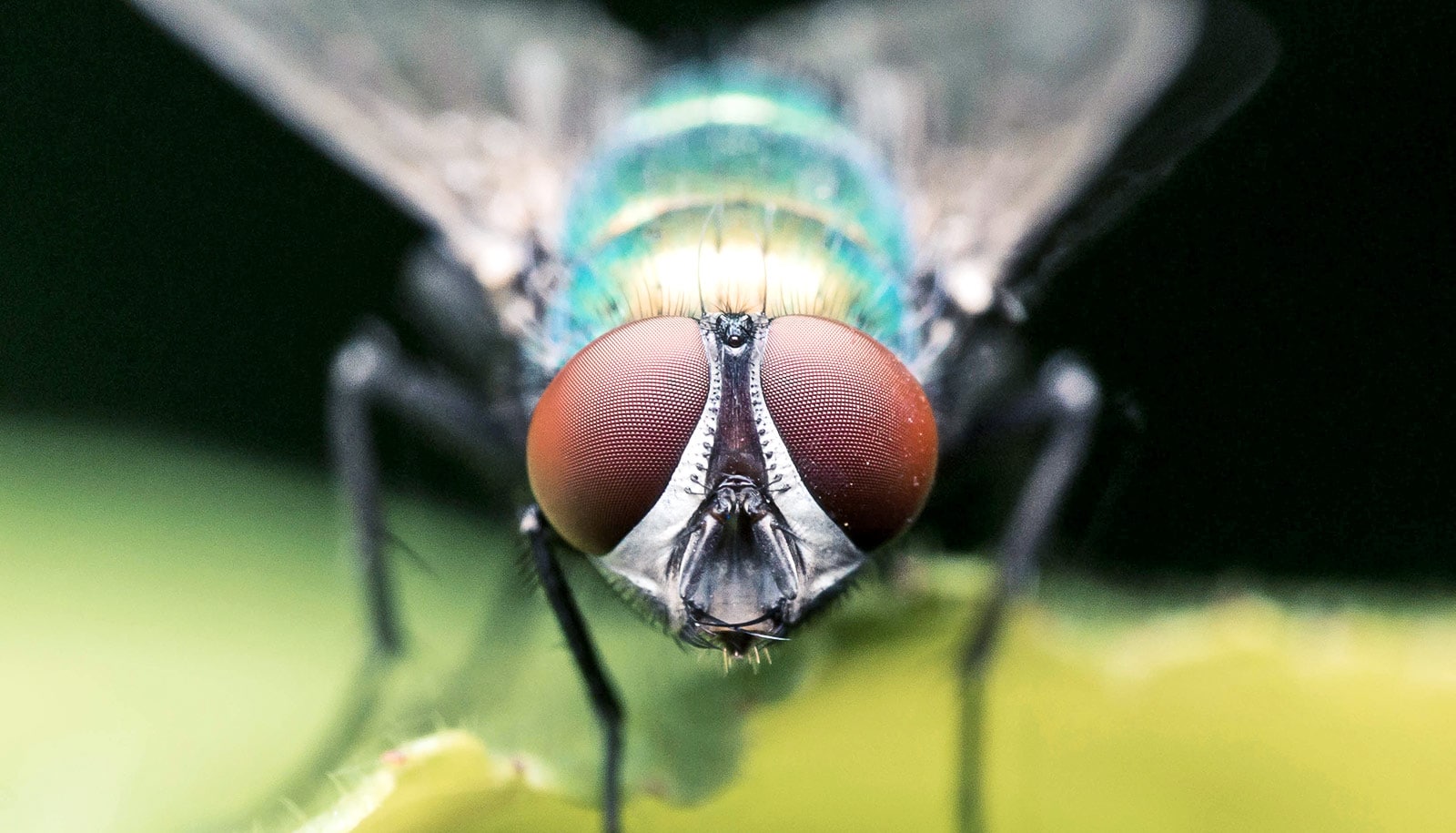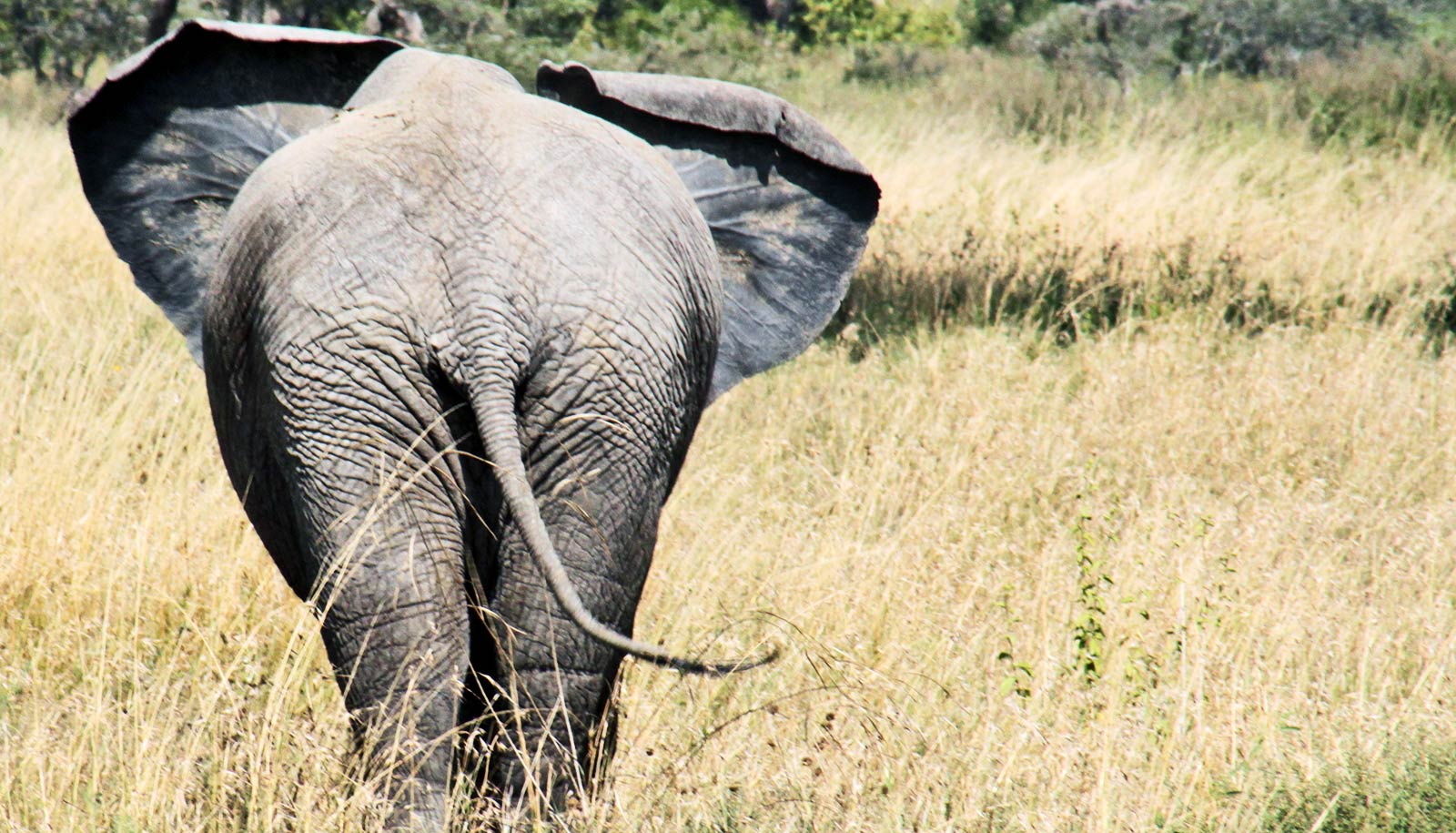Zebra stripes keep flies away. When scientists dressed a horse up in black and white, they found out why: Stripes make lousy landing strips.
For a new study, which appears in PLOS ONE, researchers conducted a series of experiments to better understand how stripes manipulate the behavior of biting flies as they attempt to come in to land on zebras.
Besides the costume changes—scientists dressed up horses and zebras in black, white, and black and white stripes—they also watched up close when flies tried to land on zebras and made detailed videos to record the flies’ flight patterns when they cruised close to zebras.
In the study, flies were just as attracted to zebras as they were to horses, indicating that stripes do not deter flies at a distance.

“Once they get close to the zebras, however, they tend to fly past or bump into them,” says Tim Caro, a professor in the wildlife, fish, and conservation biology department at the University of California, Davis. “This indicates that stripes may disrupt the flies’ abilities to have a controlled landing.”
Compared to rates at which flies landed on the white and the black coats, hardly any landed on the striped coats.
“Stripes may dazzle flies in some way once they are close enough to see them with their low-resolution eyes,” says coauthor Martin How of the University of Bristol.
The findings also show that zebras and horses respond very differently to the presence of flies. Zebras swish their tails almost continuously during the day to keep flies off, stop eating when flies bother them, and run away if the flies are particularly persistent.
Horses on the other hand, primarily twitch and occasionally swish to ward off flies.
Researchers do not yet understand why zebras evolved these sophisticated defense mechanisms. A possible explanation is zebras may be highly prone to infectious diseases African biting flies carry, although that hypothesis requires further study.
Additional coauthors are from UC Davis, the University of Bristol, the University of Exeter, and the Netherlands’ Aeres University of Applied Sciences.
Source: UC Davis


